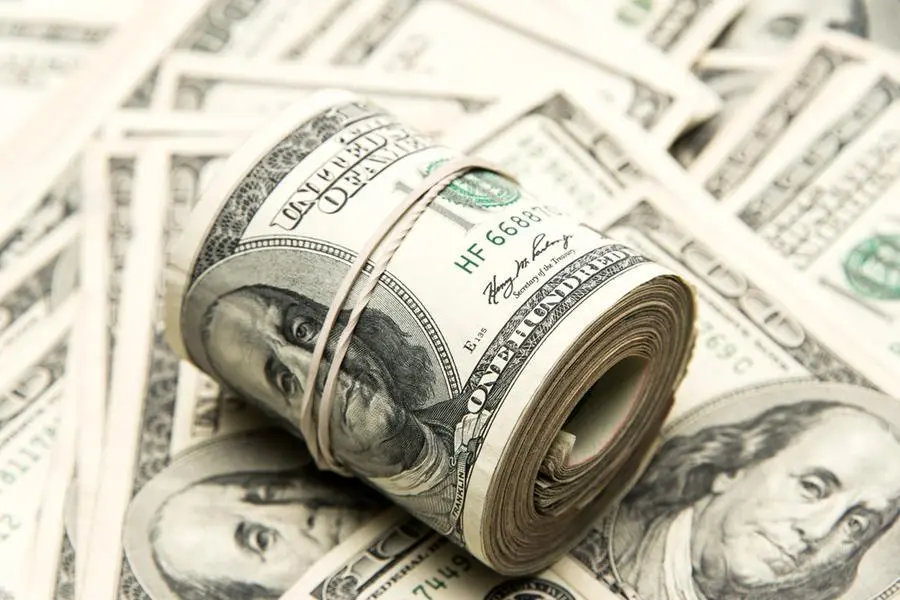PHOTO
TOKYO: The safe-haven dollar clawed back some of its overnight losses on Tuesday and the yen also strengthened as U.S. stock futures sank following a profit warning from Snapchat, souring the mood after Wall Street's strong start to the week.
The dollar index, which measures the currency against six major peers, added 0.1% to 102.24, bouncing after Monday's 0.85% tumble took it further from the nearly two-decade peak above 105 marked mid-month.
The greenback, though, slipped against pre-eminent haven currency the yen, dropping 0.18% to 127.695 yen.
The euro retreated 0.21% to $1.0672, although barely denting the 1.17% surge from Monday, when European Central Bank President Christine Lagarde said policymakers were likely to lift the euro area deposit rate out of negative territory by the end of September.
The risk-sensitive Aussie dollar dropped 0.46% to $0.70775, and sterling declined 0.22% to $1.2558.
U.S. stock futures indicated a 0.81% slide for the S&P 500 and 1.41% tumble for the Nasdaq at the restart, tarnishing a strong session on Monday that saw the indexes climb 1.86% and 1.68% respectively.
Traders pointed to an after-the-bell profit warning from Snapchat owner Snap, which saw the stock tumble 28% in extended trading.
The dollar has been falling alongside a decline in Treasury yields from multi-year peaks, with aggressive easing by the Federal Reserve already priced in.
Meanwhile, positive signs for the global economy such as Shanghai's expected emergence from weeks of crippling COVID-19 lockdowns and U.S. President Joe Biden's comments this week towards a possible easing of the trade war with China have lifted sentiment at the dollar's expense.
The release of global manufacturing PMIs over the course of Tuesday will be another key focus for currency traders.
"If the data is good, that should continue the trend of an easing dollar as the global economy recovers from various shocks," said Joseph Capurso, a strategist at Commonwealth Bank of Australia.
"The U.S. dollar is carving out a peak and the commodity currencies like the Aussie are carving out a bottom, but it's going to be bumpy."
(Reporting by Kevin Buckland; Editing by Sonali Desai)





















